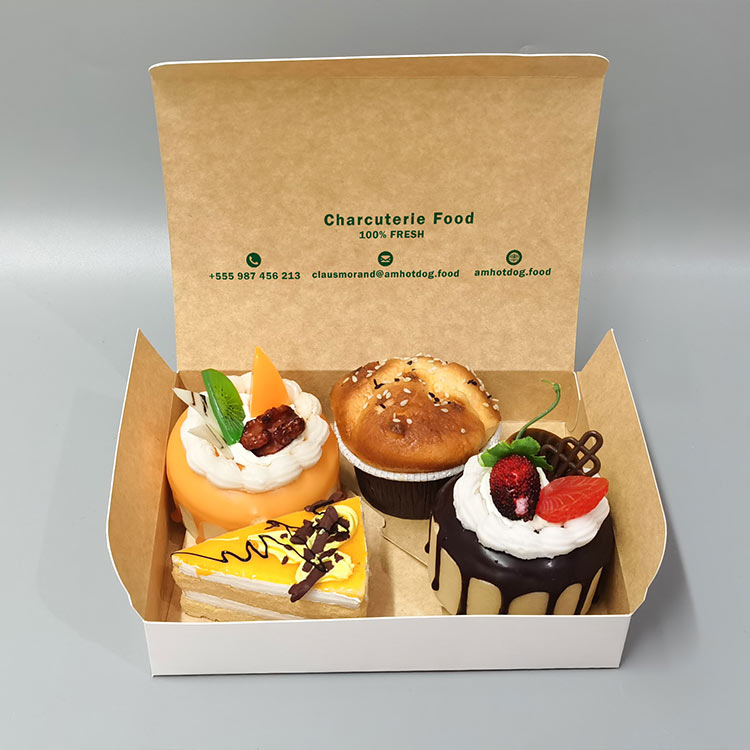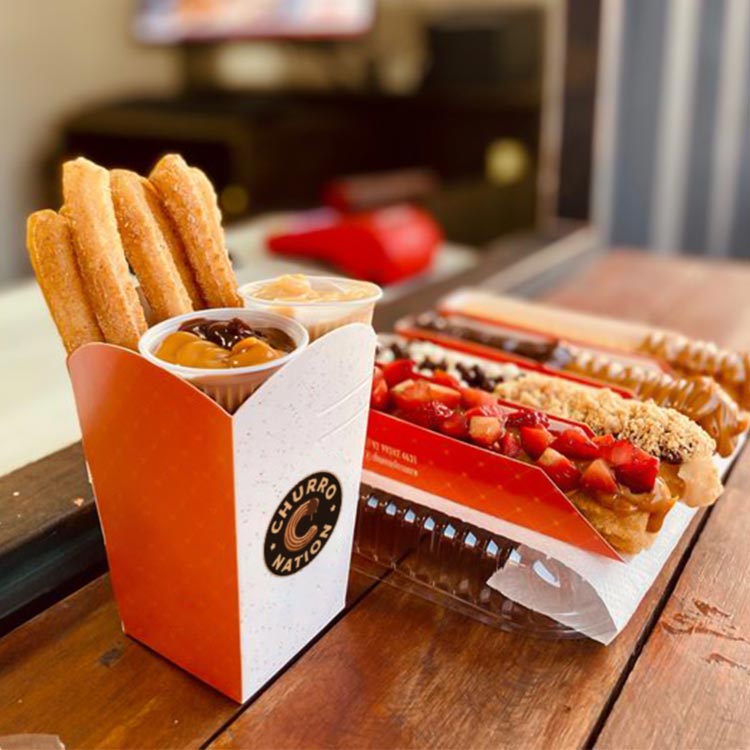Introduction to Food Delivery Packaging Misconceptions

Food delivery packaging often raises concerns among consumers due to misconceptions surrounding its impact on the environment, food quality, and overall necessity. In this article, we’ll delve into five common misconceptions about food delivery packaging and explore the reality behind each notion.
Misconception 1: Packaging is Always Environmentally Unfriendly
There’s a prevailing belief that food delivery packaging is inherently harmful to the environment. However, advancements in technology have paved the way for biodegradable packaging solutions that minimize environmental impact significantly. Companies are increasingly adopting eco-friendly materials, reducing waste and supporting sustainability.
Misconception 2: Excessive Packaging Means Better Protection
Many assume that the more packaging used, the better the protection for the food. Yet, finding the right balance between ensuring food safety and minimizing excessive packaging is crucial. Innovative designs and materials allow for adequate protection without compromising on environmental responsibility.
Misconception 3: All Packaging Materials are Harmful
Contrary to popular belief, not all packaging materials pose a threat. The industry is witnessing a shift towards sustainable alternatives like compostable plastics, recycled cardboard, and plant-based materials. Educating consumers about these alternatives can reshape perceptions about packaging materials.
Misconception 4: Uniform Packaging for All Foods
There’s a misconception that all food items require the same type of packaging. However, different foods have distinct requirements. Customized packaging solutions, tailored to specific items, ensure optimal protection, reduce waste, and enhance the overall delivery experience.
Misconception 5: Food Quality is Compromised in Packaged Deliveries

Concerns about the deterioration of food quality in packaged deliveries often dissuade consumers. Yet, advancements in packaging technology maintain freshness, temperature control, and food quality during transit. Modern packaging methods aim to enhance, rather than compromise, the quality of delivered food.
Importance of Addressing These Misconceptions
Understanding and dispelling these misconceptions are vital for both consumers and businesses. By embracing sustainable practices, leveraging technology, and educating consumers, the food delivery industry can enhance customer satisfaction while minimizing environmental impact.
Conclusion
In conclusion, debunking the myths surrounding food delivery packaging is essential for fostering a more informed and conscientious consumer base. Embracing sustainable packaging solutions, customization based on food types, and ensuring food quality during transit are key steps toward a more eco-conscious and efficient food delivery system.
FAQs
Does sustainable packaging significantly impact costs for food delivery businesses?
- Yes, initially, the shift towards sustainable packaging may involve higher costs. However, in the long term, it can reduce expenses through improved brand reputation, reduced waste management costs, and potential incentives for eco-friendly practices.
How can consumers differentiate between eco-friendly and non-eco-friendly packaging?
- Look for labels indicating biodegradable, compostable, or recycled materials. Additionally, certifications like FSC (Forest Stewardship Council) or BPI (Biodegradable Products Institute) can indicate eco-friendly packaging.
What role do regulations play in encouraging sustainable packaging practices?
- Regulations can drive industry standards toward sustainable practices. Governments worldwide are implementing policies that incentivize or mandate the use of eco-friendly packaging, encouraging businesses to adopt sustainable alternatives.
Are there any specific food types that require specialized packaging?
- Yes, perishable items like fresh produce or temperature-sensitive foods often require specialized packaging for optimal preservation and safety during transportation.
Can innovative packaging solutions also contribute to reducing food wastage?
- Absolutely. Advanced packaging technologies, such as vacuum sealing or modified atmosphere packaging, can extend the shelf life of food, reducing spoilage and contributing to minimized food wastage.
